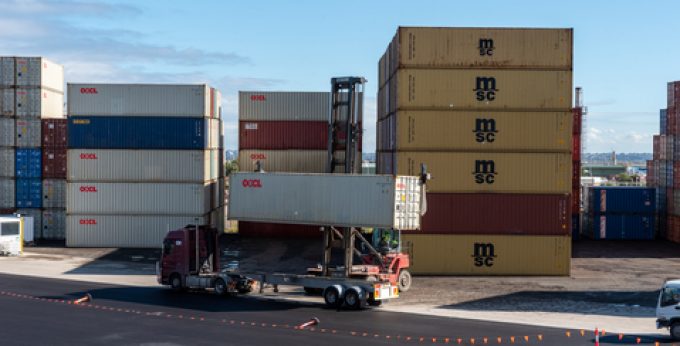Tighter EU import requirements proving 'a challenge' for forwarders
“Stricter Customs regulations” from the EU’s ICS2 will see “stricter enforcement”, Hapag-Lloyd has warned, and ...

Maersk has invested A$1.4m (US$1m) in Australian trucking start-up Ofload.
Launched in February, the Sydney-based digital road freight platform tackles inefficient empty container moves and idle time by live-matching cargo owners with small to medium-size transport operators.
Ofload said it had seen good traction among SME truckers looking to compete against industry heavyweights, with 700 carriers on the platform operating a combined fleet of 15,000 trucks nationwide.
For example, BeCool, the last-mile logistics arm of HelloFresh, said it had used Ofload since day ...
Amazon pushes into LTL for small package fulfilment and UPS does a u-turn
New senior management for DSV as it readies for DB Schenker takeover
Volumes set to 'fall off a cliff' as US firms hit the brakes on sourcing and bookings
Asian exporters scramble for ships and boxes to beat 90-day tariff pause
Temporary tariff relief brings on early transpacific peak season
'Tariff madness' will prompt renegotiation of ocean shipping contracts
Forwarders 'allowing the fox into the chicken run' by supporting 'hungry' carriers
Response to tariffs by Chinese importers may see extra costs for US shippers

Comment on this article